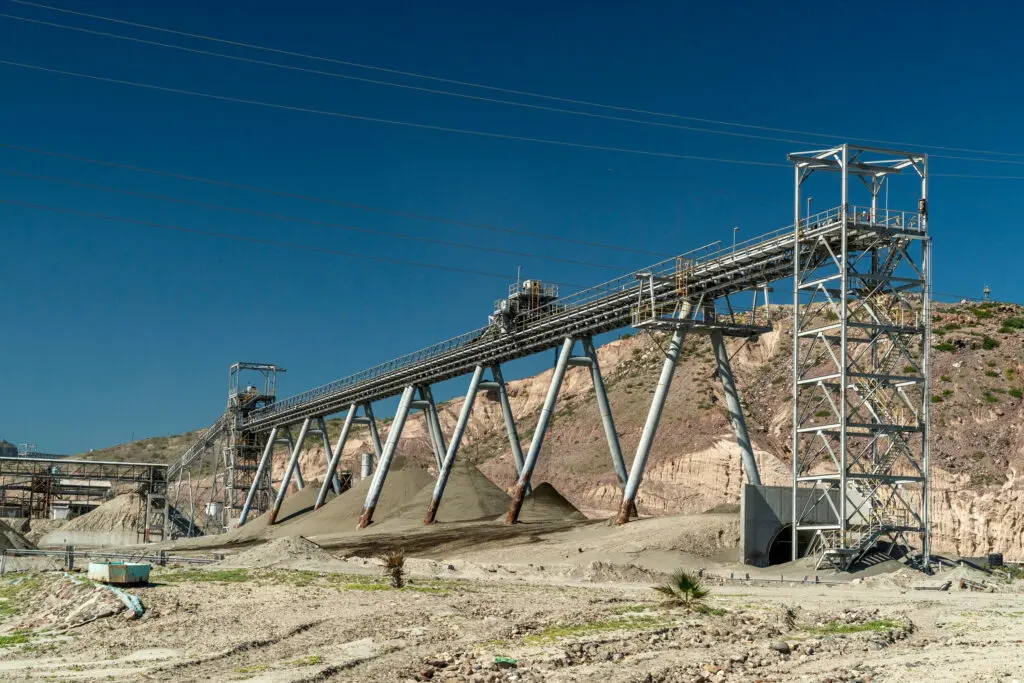The Swedish government has proposed changes to EU feed legislation that would allow recycled phosphorus from sewage sludge ash to be used in animal feed. If adopted, this step could pave the way for large-scale phosphorus recycling across the EU, reducing reliance on imports from Russia, experts believe.
‘Phosphorus is not just an agricultural input – it is a strategic resource,’ says Pär Larshans, chief sustainability officer at the Ragn-Sells Group. ‘By updating outdated legislation, the EU can recycle this vital nutrient, safeguard our food supply and build a globally competitive circular industry within Europe.’
Phosphorus is essential for producing fertilisers and animal feed but the EU has almost no domestic supply. Almost all phosphorus is imported from countries such as Morocco and Russia. In the first half of 2025, EU imports of phosphorus from Russia rose by more than 30%, despite the ongoing war in Ukraine.
Dependence on Russia
‘It is deeply troubling that the EU has become more dependent on phosphorus from Russian mines,’ says Larshans. ‘If Europe is serious about building resilience and safeguarding its food security, we must stop relying on imported raw materials and start recovering the phosphorus we already have in our wastewater.’
Recycling facilities
Ragn-Sells’ innovation company EasyMining has developed Ash2Phos, a patented technology that is claimed to recover more than 90% of the phosphorus in sewage sludge ash, and refined it into ‘a high-purity’ recycled product. Two full-scale plants are under construction – in Helsingborg, Sweden, and Schkopau, Germany – ‘showing that large-scale circular recovery is technically and economically viable,’ the company argues.
Although the European Commission has approved recycled phosphorus for use in organic farming, a decades-old rule still bans its use in animal feed.
Don't hesitate to contact us to share your input and ideas. Subscribe to the magazine or (free) newsletter.



